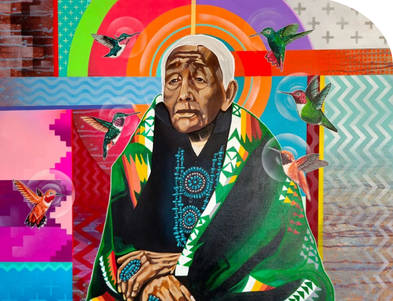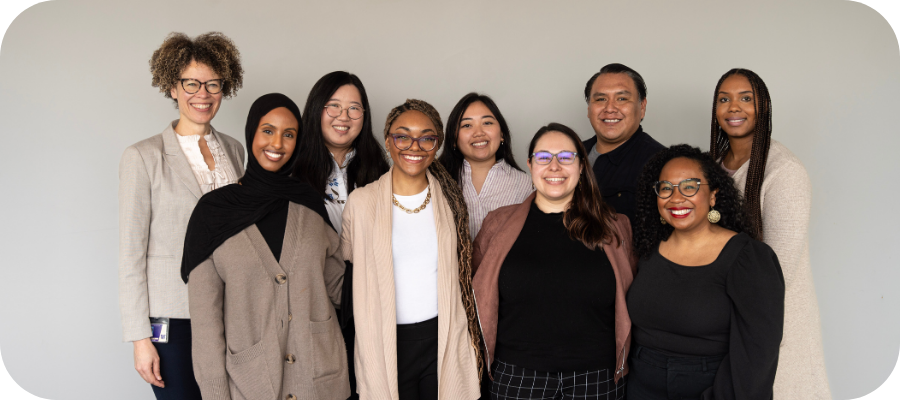

I am sitting with a question I have heard repeatedly from students: Is it still possible to do health equity work now and in the future? Some may see this as an existential crisis in academic public health. But it doesn’t need to be if we get curious. What is underneath their question are others—why am I doing this work? How can I do this work in this moment of intense adversity? How will this work support me now and in the future?
Answering the ‘why’ requires a deep and honest interrogation of one’s values and explicit naming of one’s purpose on this land and in this time. To help us answer the how, we can turn to several powerful sources: ancestral knowledge, an intrinsic and shared element of Black and other cultures of color; the Indigenous principle of Seven Generations; and the lessons from past solidarity and movement building.
We know we can do health equity work now and in the future because our ancestors did. We can learn from the tactics and strategies they deployed while also finding gratitude, fortitude, and comfort that their love and commitment brought us here.
At the Reclaiming Indigenous Ecologies of Love conference in May, Dr. Donald Warne (Oglala Lakota) characterized the “magic of now” as the opportunity to learn from the past while visioning the future to take transformative action in the present—acts both small and large. Acts grounded in love across generations that will guide and sustain our continued struggle for liberation. Collective acts where love and ancestral knowledge can be shared and radically seeded as part of the “magic of now.” Dr. Ruha Benjamin describes this radical seeding in her book Viral Justice: How We Grow the World We Want. This looks like coming together in community to build our capacities and synergies to advance equity in the local spaces and places that we know and are connected to.
"Everything you touch you change."
Dr. Ruha Benjamin
What liberatory capacities do we need to wield this magic?

We at the ARCH Center invite you into action with us. Our focus now is to change our immediate and disciplinary environments to support community power building. What we learn together to grow our liberatory practice can support our abilities for radical seedings in other spaces, places, and times. Our workgroups have identified concrete action steps including:
Thank you so much to the ARCH community members who are actively advancing change via these action steps and beyond. Come with us. Change for health equity is possible and happening right here.
In Solidarity,

Acknowledgements
BIPOC Structural Supports Workgroup: Tess Abrahamson-Richards, Wendy Barrington, Oliver Bear Don’t Walk, Anjulie Ganti, Rabi Yanusa
Anti-racism Faculty Scholar Search Committee: Ali Rowhani-Rabar (chair), Wendy Barrington, Erin Bryant-Thomas, Ahoua Kone, Monica McLemore, Sarah Munro, Myra Parker
Principled Community Organizing Workgroup: Rachel Chapman, Dante’ Morehead, Snowy Johnson, Amen Tsegai, Anjanette Vaidya
ARCH Graduate Certificate Workgroup: Tess Abrahamson-Richards, Aden Afework, AJ Balatico, Wendy Barrington, Oliver Bear Don’t Walk, Anjulie Ganti, Dante’ Morehead, Shanice Owens, Clarence Spigner, Ashlyn Tom, Rabi Yanusa
The featured image for this post is artwork from “THE FUTURE IS INDIGENOUS: Messages to the Seventh Generation” by Jay Redhouse (Diné).